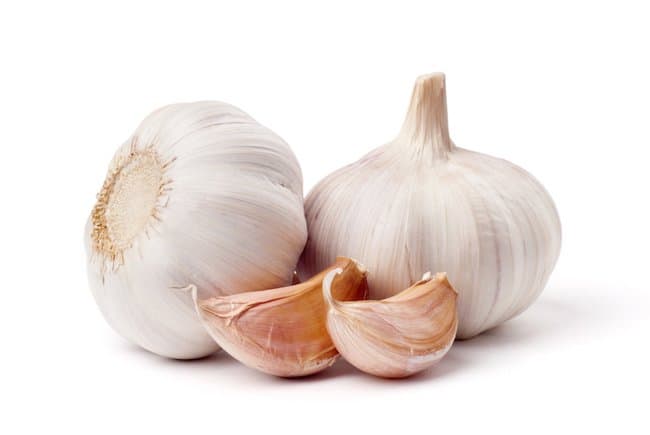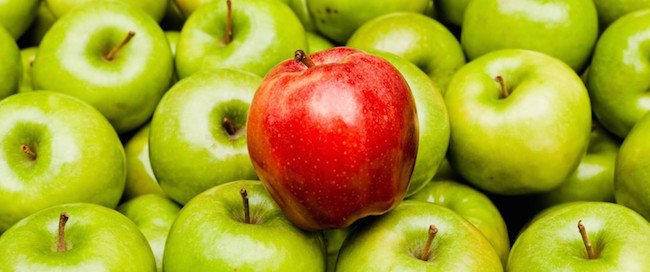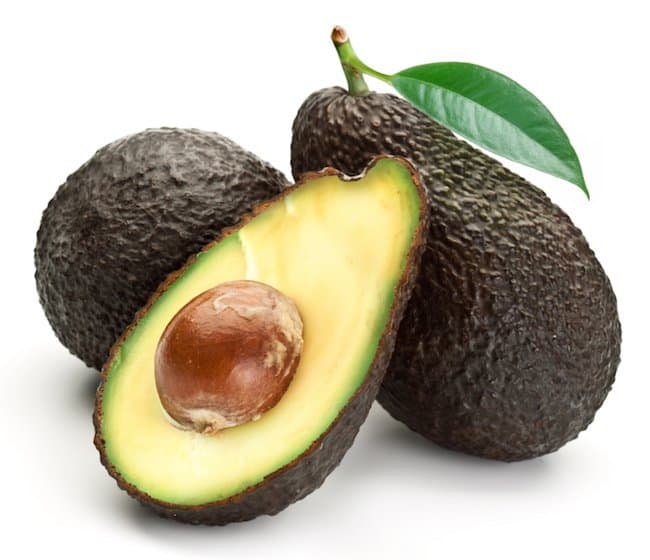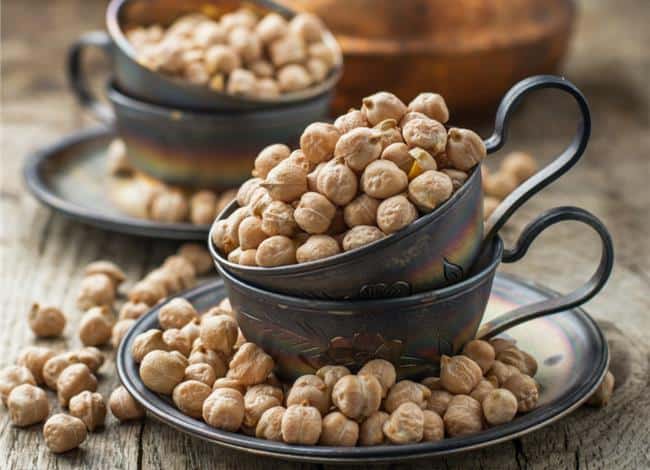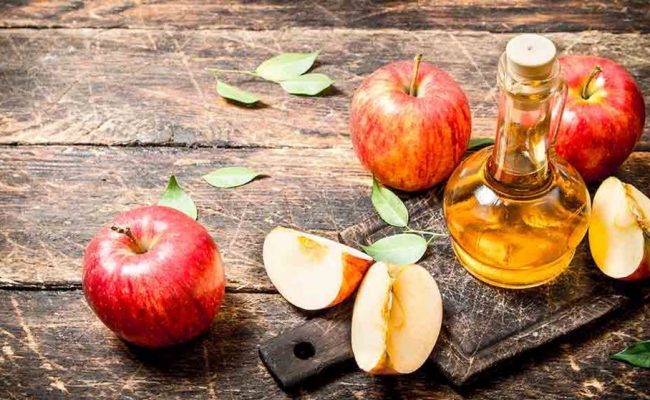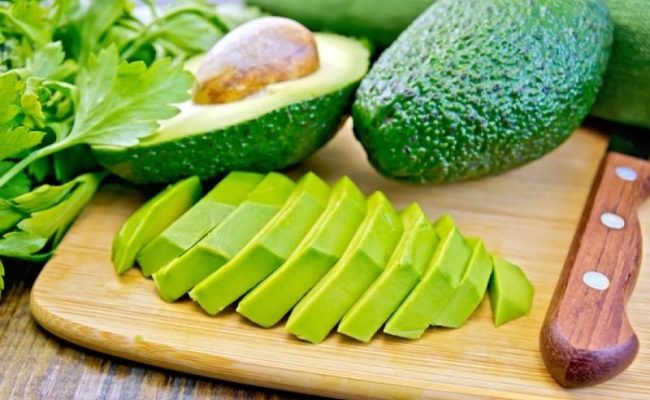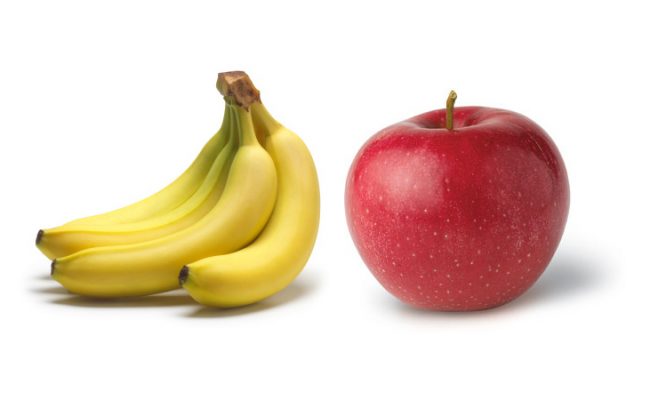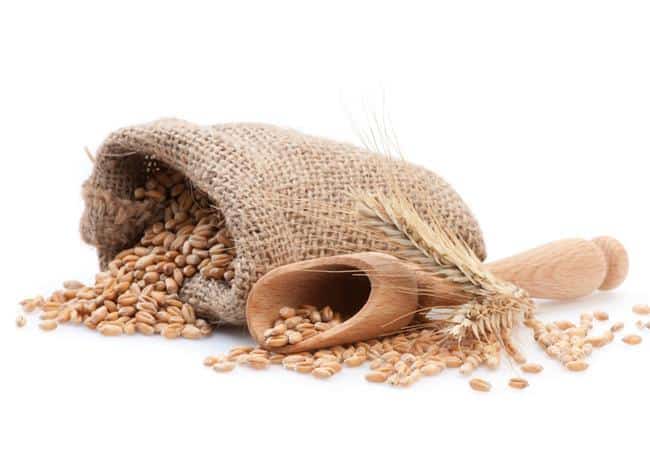
The impact food can have on health has been studied for centuries. Hippocrates famously stated “Let food be thy medicine” thousands of years ago still rings true today. Research continues to unfold the positive and negative ways food can effect health.
Eating foods high in antioxidants, fiber, vitamins, minerals and other essential nutrients can have a positive impact on health and can lower risk for many chronic diseases.
While the term superfood doesn’t have an exact definition, they can be thought of simply as nutrient dense foods that offer some unique health benefits.
Getting more superfoods in your diet is an excellent strategy for getting important nutrients in your diet without adding on empty calories.
While this list is not exclusive, these top 10 superfoods are a good place to start for getting a boost of nutrients in your diet.
1 – Beets
One cup of beets is less than 60 calories and provides about 4 grams of fiber, 12% DV potassium, 11% DV vitamin C, 6% DV iron and 7% DV magnesium.
Besides providing all these vitamins and minerals, beets have many other compounds that have unique health benefits.
For example, a 2012 study (1) found beet root juice lowered blood pressure in a group of adult study participants.
Beets could positively effect blood pressure because they are a source of potassium but also because of the nitrates in beets.
When digested, the nitrates from beets can help dilate blood vessels.
Betalains are compounds in beets that give them their bright red color. The betalians from beets are antioxidant, anti-inflammatory and may specifically help fight off certain cancer cells (2).
2- Ginger
Ginger has been used for centuries as an antidote for gastrointestinal distress. Research studies have confirmed this ancient remedy; compounds in ginger can help calm the digestive tract and relieve nausea.
Ginger also contains powerful anti-inflammatory properties that have been shown to be helpful for treating inflammation related to osteoarthritis and possibly lowering inflammation markers related to certain cancers (3).
3- Arugula
Arugula is part of the cruciferous vegetable group that also include: kale, broccoli, cauliflower, Brussels sprouts, etc.
Cruciferous vegetables contain special sulfur compounds called glucosinolates that have been shown to offer protection against damage caused by carcinogens.
Some studies have shown an association between high intakes of cruciferous vegetables and lowered risk of certain cancers (4).
Getting a variety of cruciferous vegetables in your diet is recommended to get the most health benefits.
Try adding arugula as part of your leafy green intake; it can be a peppery addition to pastas, salads, smoothies, soups or egg dishes.
4- Garlic
Garlic is one food that has been used for centuries in many ancient cultures. In fact, many ancient cultures that never crossed paths used garlic as a treatment for similar ailments including: liver disorders, tuberculosis, diabetes, fever or bronchitis (5).
Garlic has been shown in research studies to possibly lower risk for lung and a certain type of brain cancer glioblastoma.
Garlic also has compounds that may benefit heart health and is a source for antioxidants.
5- Lentils
All legumes are a source of fiber and protein; two nutrients that help keep you feeling satisfied long after eating.
A serving of legumes provides at least 20% DV of fiber. Besides that, lentils provide a source of iron, magnesium, potassium, vitamin B6 and antioxidants.
A 2001 study (6) also found an inverse association between legume intake and risk of coronary heart disease (CHD). Researchers concluded eating more legumes can be an important step for the prevention of CHD.
Less than 10% of Americans eat legumes on a given day. A 2009 study (7) concluded increasing intake of lentils and legumes can improve diet quality.
6- Dark chocolate
Getting an average of one ounce per day of dark chocolate can be considered part of a healthy, balanced diet.
Dark chocolate has compounds that can help lower LDL cholesterol, lower risk for blood clots, help lower blood pressure and may help boost serotonin and endorphin levels in the brain.
Dark chocolate is also a source of magnesium, calcium and potassium (8).
Keep in mind the health benefits from chocolate are only associated with dark chocolate, not milk or white chocolate.
The higher the percentage of cocoa usually means there is more beneficial compounds in the chocolate.
7- Blueberries
There have been multiple health benefits associated with blueberries from many research studies.
According to the US Highbush Blueberry Council (9), blueberries have been shown to be associated with: powerful antioxidant source, anti-aging properties, cholesterol lowering and benefiting eye sight.
According to the American Chemical Society (10) some research studies suggest blueberries could also help lower the risk for dementia.
8 – Apples
Apples may not be as flashy or exotic as other fruits, but that doesn’t mean they should be over looked for their nutritional value.
According to Live Science (11), apples are one of the healthiest foods you can eat.
Apples are very high in antioxidants which could translate into protection against heart disease and cancer risk.
9 – Avocado
Avocados (12) provide nearly 20 vitamins and minerals per ounce serving including: B vitamins, fiber, iron, magnesium, potassium, vitamin C, vitamin E and vitamin K.
Avocados also have antioxidants lycopene and beta carotene which can protect eye cells from damage from macular degeneration and cataracts.
Avocados can get a bad rap because they are higher in fat, but the fat in avocados are mostly heart healthy.
10 – Walnuts
Another food rich in heart healthy fats are walnuts. Like all nuts, walnuts are a good source of heart healthy fats, fiber and protein.
Walnuts are a good source for antioxidant vitamin E also also provides magnesium, vitamin B6 and iron.
Getting about an ounce of nuts most or all days of the week is recommended.
Don’t be shy in adding walnuts to your diet just because they are higher in calories and fat.
Studies have shown eating a moderate serving of nuts consistently does not increase risk for weight gain.



